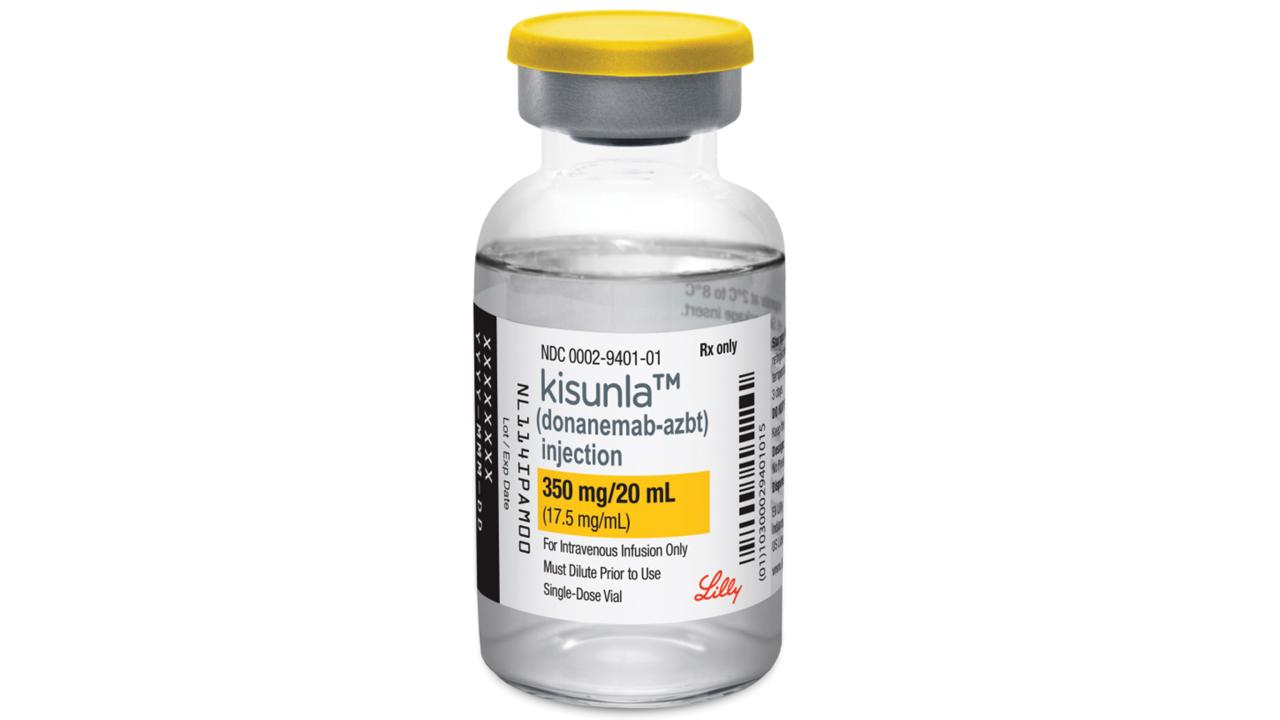early onset Alzheimer’s
FDA greenlights Eli Lilly's breakthrough Alzheimer's drug
The FDA has recently approved a new Alzheimer's drug from Eli Lilly called Kisunla, known scientifically as Donanemab. This marks a significant addition to the treatment options for Alzheimer's, offering new hope to patients and their families.
Key Details of the Approval
Drug Name: Kisunla (donanemab)
Manufacturer: Eli Lilly
Administration: Monoclonal antibody infusion, given every four weeks
Approval Date: July 2, 2024
Eligible Patients: Adults with mild cognitive impairment or early-stage Alzheimer's disease

Kisunla works by targeting amyloid plaques in the brain, which are associated with Alzheimer's disease. This mechanism aims to slow down the progression of memory and cognitive decline.
The FDA's approval was based on a late-stage clinical trial involving 1,700 participants. Results showed that Kisunla slowed Alzheimer's progression by approximately 35% over 18 months compared to a placebo. This was measured using the clinical dementia rating scale, which evaluates six categories: memory, orientation, judgment and problem-solving, community affairs, home and hobbies, and personal care.
Comparison to Other Treatments
Kisunla is the second drug approved that targets amyloid plaques, following Leqembi. Another similar drug, Biogen’s Aduhelm, was removed from the market earlier this year.
While Kisunla offers significant benefits, it also comes with potential risks, including brain swelling and bleeding. In the clinical trials, most side effects were mild, but three deaths were linked to the drug.
Pat Bishara, a 79-year-old from Carmel, Indiana, participated in both the phase 3 trial and its extension. Diagnosed with mild cognitive impairment in 2017, she reported no significant side effects and attributed her stable condition to the treatment.
Cost and Coverage
Eli Lilly has set the price of Kisunla at $32,000 for a year's supply. Medicare is expected to cover the treatment, following a policy to fund FDA-approved Alzheimer's drugs, provided that physicians collect real-world performance data.
Initially scheduled for a decision in March, the FDA delayed approval to gather more insights from its advisory panel on the drug's benefit-risk balance. Last month, the advisory committee unanimously recommended Kisunla’s approval.




